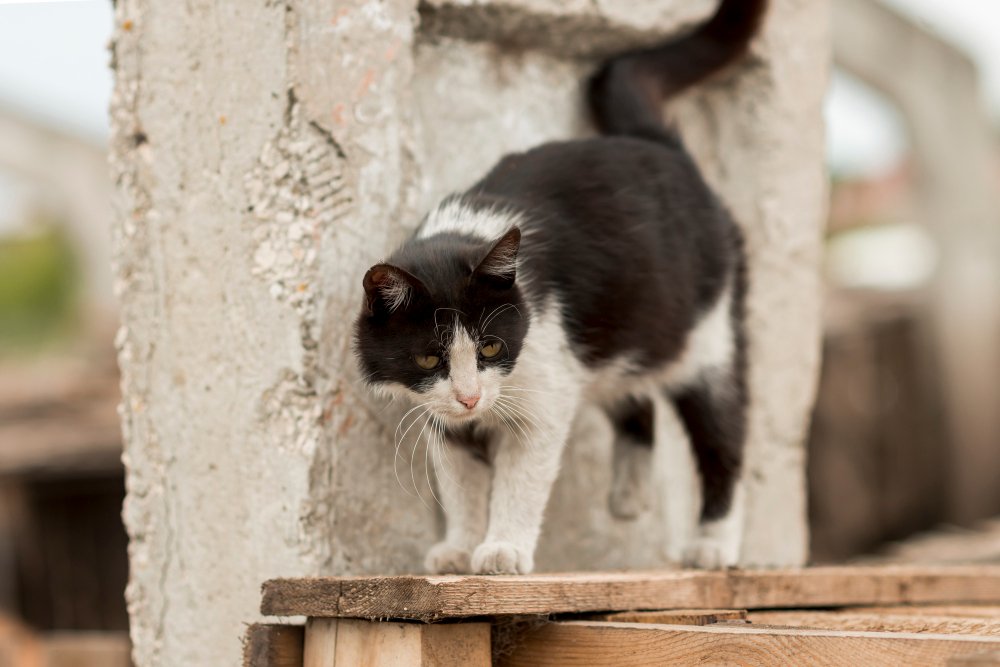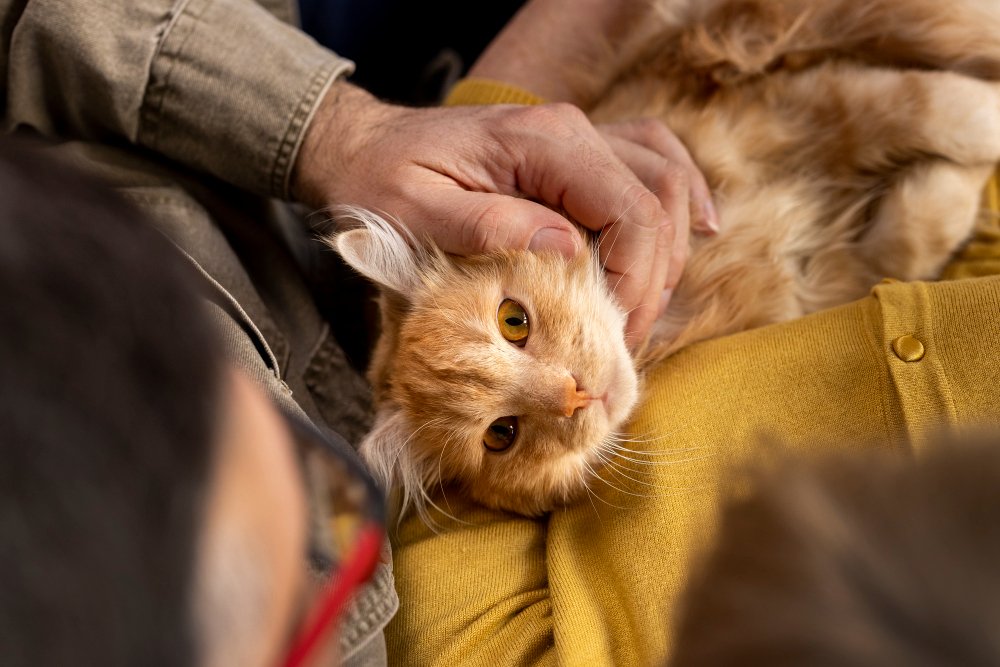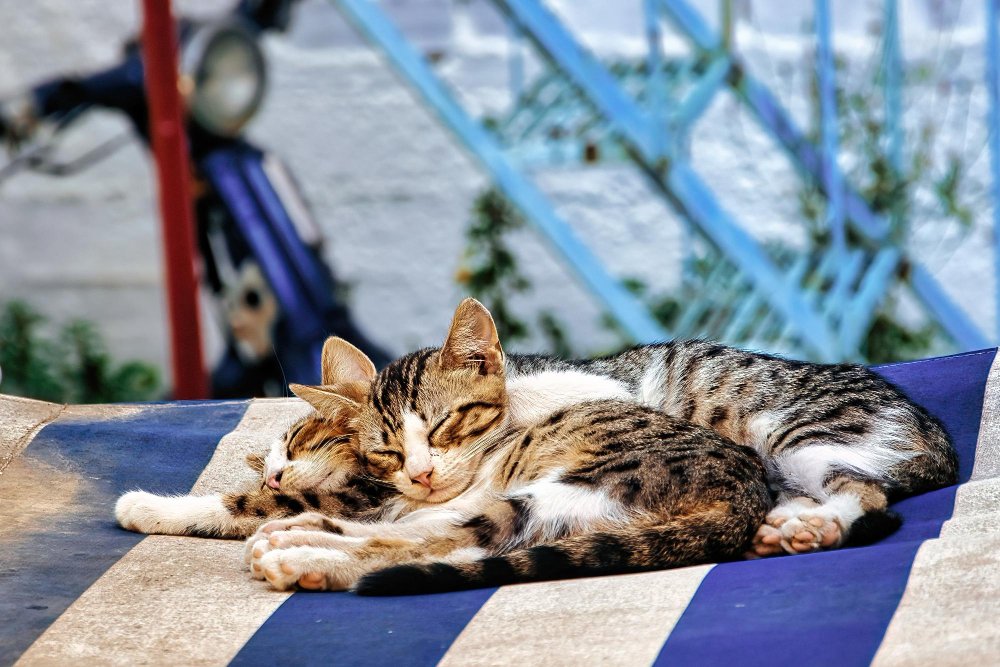Shelter Cats vs. Purebred Cats: What You Should Know
Hey there, fellow cat lover! If you're reading this, you're probably at that exciting (and sometimes overwhelming) stage where you're dreaming of adding a furry companion to your home. Maybe you've scrolled through endless kitten photos on adoption sites or drooled over those glossy purebred listings from reputable breeders. But here's the big question: Do you go for the mystery and charm of a shelter cat, or the polished predictability of a purebred? As someone who's spent years volunteering at local shelters and chatting with veterinarians about feline health and happiness, I can tell you there's no one-size-fits-all answer. Both paths lead to whiskered joy, but they come with unique twists.
In this post, we'll break it down gently—no judgment, just facts and a dash of catnip wisdom. We'll explore health, costs, personalities, and more, so you can make a paw-sitively informed decision. Let's dive in!
The Heart of Shelter Cats: Stories of Resilience and Variety

Shelter cats are the unsung heroes of the feline world—often mixed-breed wonders with backstories that could fill a novel. These kitties might be strays, surrenders, or the lucky escapees from overpopulation woes. What sets them apart? Their sheer diversity. You could find a sleek tabby with a tuxedo pattern one day and a fluffy calico the next, each bringing a unique blend of genetics from who-knows-where.
Take my shelter buddy, Whiskers—a scruffy gray tabby who showed up as a wide-eyed kitten with a limp from a rough start. Today? He's a 10-pound lap warmer who greets guests like old friends. Adopting from a shelter isn't just about getting a cat; it's about giving one a second chance, which directly combats the heartbreaking reality of pet overpopulation. Plus, many shelters spay/neuter, vaccinate, and microchip before adoption, so you're starting with a head start on care.
The upside? Endless variety in looks and sizes, often at a steal of a price. The potential downside? Their history might include stress from shelter life, leading to initial shyness or adjustment needs. But with patience and love, most bloom into confident companions.
The Allure of Purebred Cats: Predictability and Pedigree
On the flip side, purebred cats are like the celebrities of the cat world—bred for specific traits over generations, ensuring you know (mostly) what you're getting. Fancy a cat that's as regal as a Siamese? These vocal, blue-eyed divas are known for their sleek bodies, affectionate (borderline demanding) personalities, and a love of "conversation" that can turn your home into a symphony of meows. Or picture a Maine Coon, the "gentle giant" with tufted ears, a luxurious coat, and a dog-like sociability that makes them perfect for families—they're often the top pedigreed breed for good reason.
Then there's the laid-back Persian, with their flat faces, long flowing fur, and quiet demeanor; they're ideal for chill evenings but require regular grooming to keep that mane mat-free. These breeds come from ethical breeders who prioritize health testing and socialization, giving you a kitten with a "personality blueprint." It's like ordering from a menu—you pick the traits that match your lifestyle.
The catch? Not all breeders are created equal, so always vet (pun intended) for those following Cat Fanciers' Association standards. And yes, purebreds can end up in shelters too—adopting one there combines the best of both worlds!
Health: Hybrid Vigor vs. Breed-Specific Risks

When it comes to health, this is where science steps in with some eye-opening stats. Shelter cats, often mixed-breeds, benefit from "hybrid vigor"—that genetic diversity that wards off inherited diseases. A recent study funded by the Morris Animal Foundation found that purebred cats face higher risks for issues like heart disease, female reproductive problems, and complications from anesthesia across most disease categories, thanks to the inbreeding needed to maintain breed standards. Mixed-breeds? They tend to dodge these bullets, leading to longer, healthier lives on average.
That said, purebreds aren't doomed—responsible breeding has improved things, and breeds like the robust Maine Coon often fare better than flat-faced Persians prone to breathing issues. Shelter cats might arrive with parasites or minor ailments (covered by adoption fees), but they're screened rigorously. Bottom line: No cat is invincible, but diversity is a shelter cat's secret weapon. Regular vet check-ups keep everyone purring, regardless of pedigree.
Cost Breakdown: Upfront Savings vs. Long-Term Investments
Money talks, especially when cat food, litter, and toys add up fast. Adopting a shelter cat? Expect fees from $0 (yes, free adoptions happen!) to $200, often including that essential spay/neuter and vaccines— a bargain compared to the $300–$1,500 (or up to $3,000 for exotics) for a purebred kitten from a breeder. Factor in potential travel or waiting lists for popular breeds, and the gap widens.
Long-term? Shelter cats might surprise you with fewer vet bills due to better overall health, though any cat can rack up costs for emergencies. Purebreds could mean grooming tools for a Persian's coat or dental care for a Siamese's chattiness-related stress. Pro tip: Budget $1,000–$2,000 in the first year for either, covering basics like a scratching post and carrier. Adoption wins on ethics and wallet-friendliness, but if a specific breed calls your heart, the investment can pay off in tailored companionship.
Temperament and Lifestyle Fit: From Lap Cats to Adventure Buddies

Cats aren't one-note, but breeds give clues. A purebred Siamese might thrive in a chatty household, bonding deeply but demanding playtime, while a Persian prefers quiet cuddles over zoomies. Shelter cats? They're the wild cards—some are bold explorers from street-smart roots, others velcro kitties craving laps. Volunteering at shelters has shown me that many are surprisingly adaptable, having navigated humans, noises, and changes before you.
Purebreds offer predictability: The energetic Bengal (a mini-leopard lookalike) suits active homes, but might overwhelm a sedate senior. Shelter cats shine in flexibility, often more resilient to new environments. Match to your life—busy? Go low-maintenance mixed-breed. Family-focused? A sociable Maine Coon. Spend time meeting them; personality trumps papers every time.
Making the Right Choice: Your Home, Your Heart
So, shelter cat or purebred? It boils down to you. If variety, affordability, and a feel-good rescue story tug at your strings, head to your local shelter—you might just find your soulmate in a mismatched mutt. Craving specific looks or traits? Research breeders thoroughly, or scout shelters for purebred gems. Either way, you're gaining a friend for life.
Frequently Asked Questions (FAQ)
Are shelter cats healthier than purebred cats?
Yes — in most cases. Shelter cats are usually mixed breeds, which means they benefit from hybrid vigor — genetic diversity that reduces inherited diseases. A 2023 study by the Morris Animal Foundation found purebred cats are 1.5 to 3 times more likely to develop conditions like HCM (in Maine Coons), PKD (in Persians), or respiratory issues (in flat-faced breeds). That said, any cat needs regular vet care. Shelter cats often come pre-vaccinated and spayed/neutered — a healthy head start!
Can I find purebred cats in shelters?
Yes — and it happens more than you think! About 25% of cats in shelters are purebred, including Siamese, Maine Coons, Persians, and even Bengals. Reasons include owner allergies, moves, financial hardship, or elderly owners passing away. Adopting a purebred from a shelter gives you breed-specific traits at rescue prices — often under $150.
Do purebred cats need more grooming?
It depends on the breed — not all purebreds are high-maintenance.
- Persian: Daily brushing (long coat)
- Maine Coon: 2–3 times weekly
- Siamese: Weekly (short coat)
- Shelter Shorthair: Weekly or less Start grooming early — even shelter cats love a good brush session with treats!
Are shelter cats harder to train or bond with?
Nope — in fact, they’re often easier! Most shelter cats were once pets, so they already know litter box use, scratching rules, and how to snuggle. Kittens under 6 months adapt fastest, but adult cats bond deeply too. Many become instant velcro kitties. One adopter said: “My shelter cat learned to walk on a leash in 3 days — and now follows me everywhere!” Pro tip: Use treats, play, and patience.
What should I ask a breeder before buying a purebred?
Don’t skip the vetting — your cat’s health depends on it. Ask:
- Do parents have health certifications? (OFA, DNA tests for HCM, PKD)
- Can I see the parents and cattery? (Red flag: “Meet in a parking lot”)
- Is there a health guarantee contract?
- Are kittens socialized daily with people and sounds?
- Can you provide references from past buyers? Never buy from pet stores, Craigslist, or backyard breeders. Support ethical, registered breeders only.
Which is better for first-time cat owners?
Shelter cats are the #1 choice for beginners. Why?
- Lower cost = less pressure if you make rookie mistakes
- Shelter staff help match personality to your lifestyle
- Already spayed/neutered, vaccinated, and microchipped
- Forgiving, resilient, and grateful companions “My first cat was a shelter tabby. 12 years later, still my best decision.” – Alex, proud cat dad







